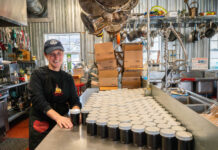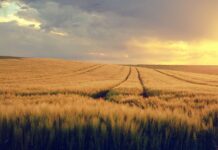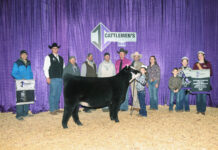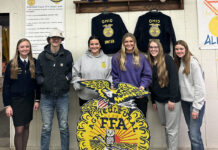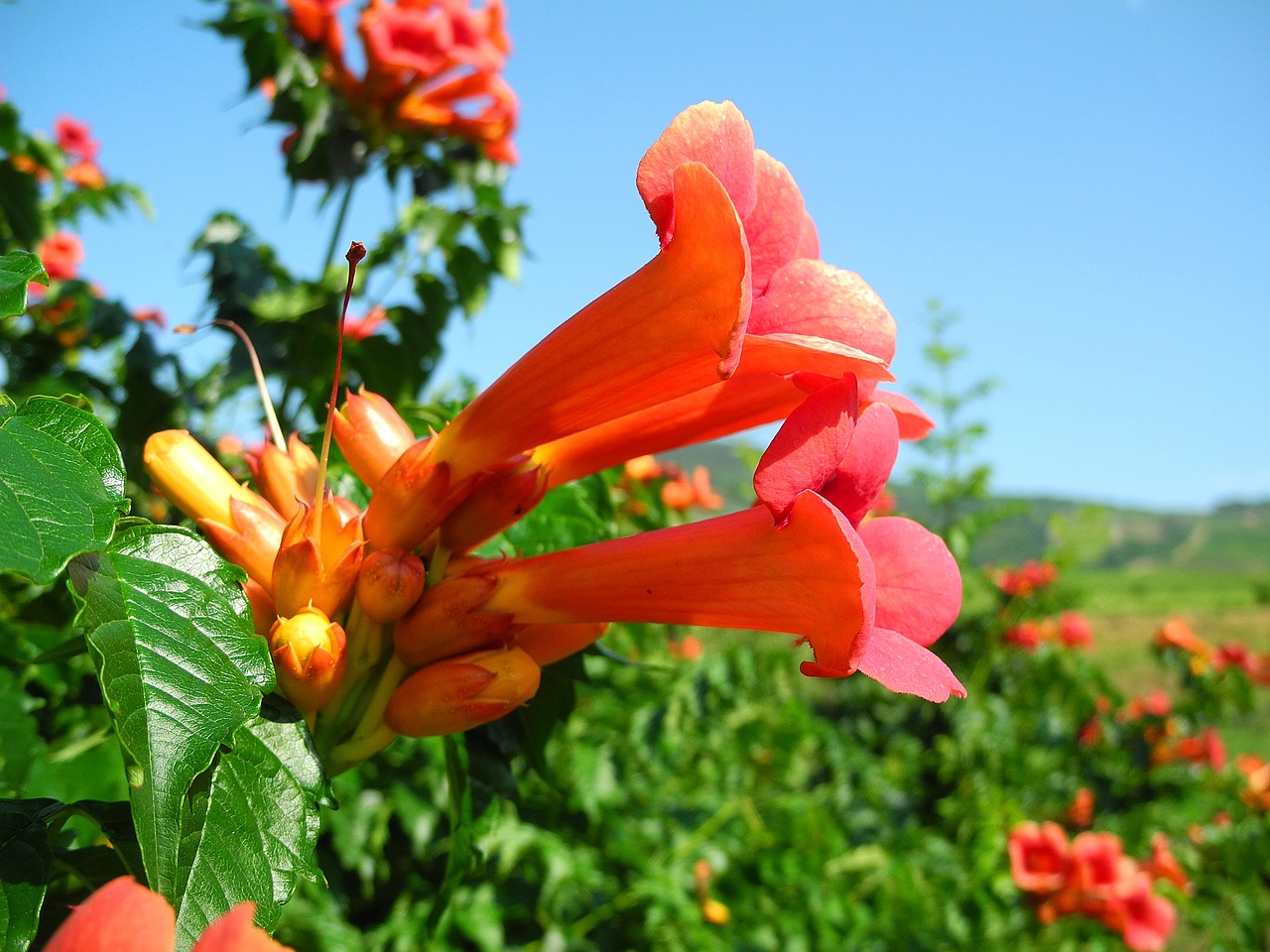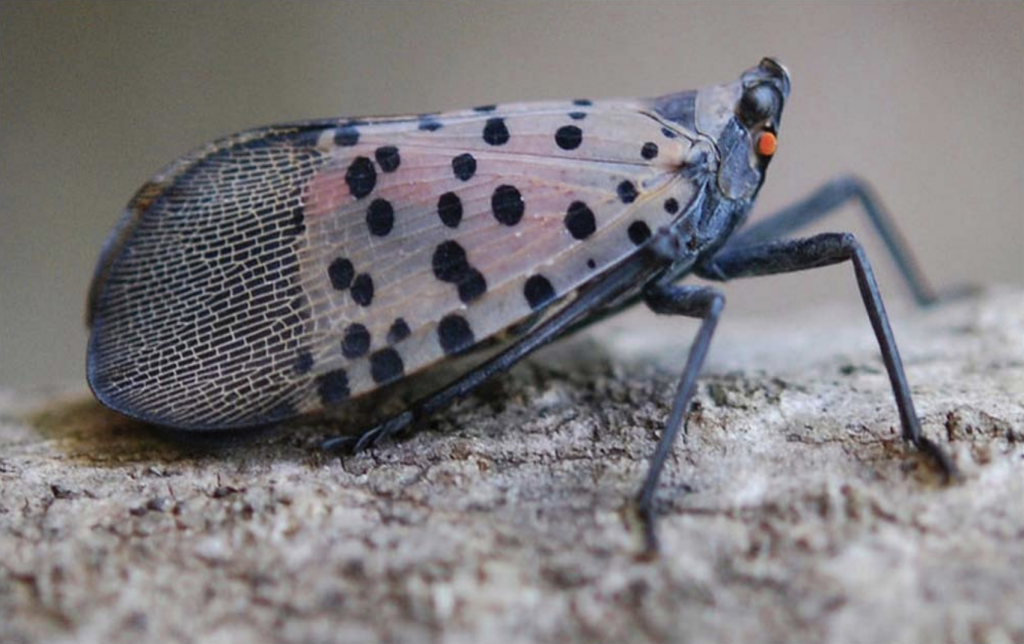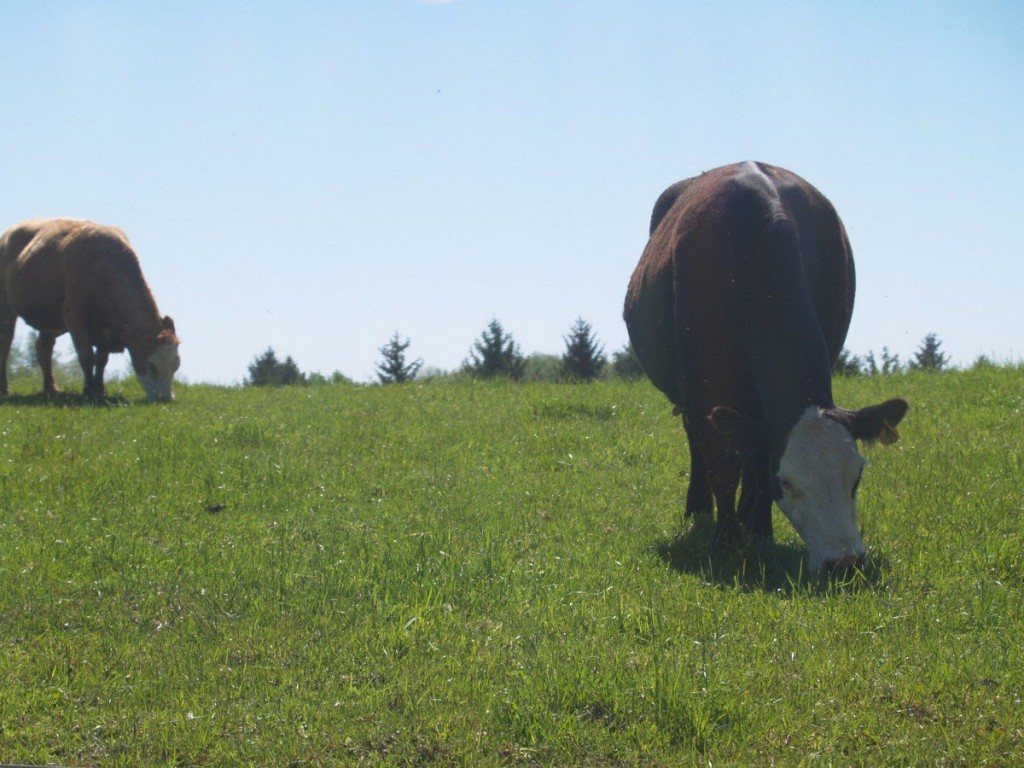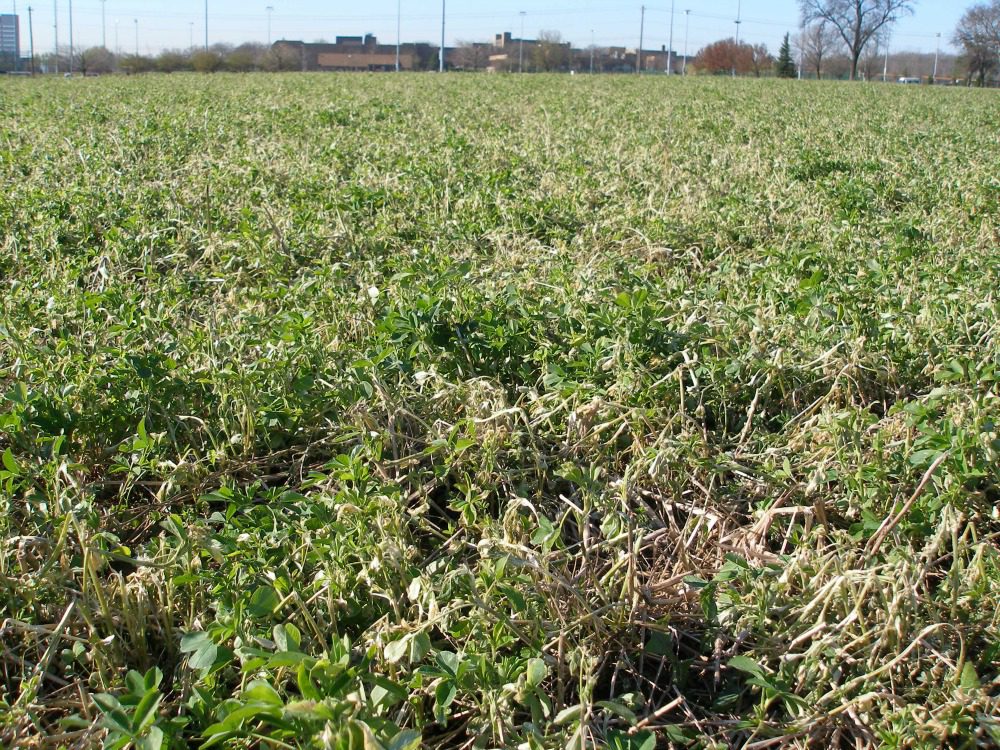Search Results for "Grapes"
News Results 44 of 493 pages
Fall planting season is here for vines, trees
When fall colors begin to reveal themselves, it’s time to plant woody vines, small trees and perennial wildflowers.
No substitute for quality forages
Forage quality has a huge effect on your cows’ health and productivity and is arguably the single most important factor to dairy profitability.
Pasture walks scheduled
By PETE CONKLE The Eastern Ohio Grazing Council has planned workshops and pasture walks to answer grazing-related questions, share grazing ideas and encourage producers to become more sustainable grazers. Currently, the Eastern Ohio Grazing Council is working in cooperation with Carroll, Columbiana, Coshocton, Harrison, Jefferson, Mahoning, and Tuscarawas SWCDs and the USDA-NRCS to host
Buy hay by weight, not by bales
Recently, a local hay producer asked what hay was worth. Of course, each forage producer will have a different cost of production. After he told me his price, I asked the weight of his bales. He was not exactly sure, but guessed 1000 pounds. He went on to say most hay is bought and sold
Production is on the rise in Pa. this year
HARRISBURG, Pa. — Based on conditions as of Oct. 1, Pennsylvania’s production of soybeans, all other dry hay, Maryland-type tobacco and grapes is expected to be above last year according to the Pennsylvania field office of USDA’s National Agricultural Statistics Service. Production of corn for grain, dry alfalfa hay, Pennsylvania seedleaf tobacco, Burley tobacco, and
Promoting better forages and enhancing soil health
Fall is an excellent time of the year for stockpiling fescue for delayed grazing.
Spotted lanternfly quarantine set for Jefferson and Cuyahoga counties
Ohio Department of Agriculture announced a spotted lanternfly quarantine in Jefferson and Cuyahoga counties in Ohio where there are established populations.
For good spring and summer pastures, start early
Manage your pastures early and often for a good growing season.
Harvesting stockpiled fescue and improving forages and soil health
Stockpiled fescue is forage allowed to grow and accumulate for future use, often during a forage deficit. It is common practice to harvest and store stockpiled-fescue as hay or silage, but the purposeful stockpiling of forage for grazing at a later time is a new concept for many livestock producers. Nearly any grass or legume
Bad news: Yes, it’s been a cold spring; good news: possibly less frost risk
I’ve been hearing many complaints about the weather. We all know to expect variable weather in early spring, so I decided to look up so data to see if these complaints hold water. During March 2013, in central Ohio, the average air temperature was 35.2 degrees, which was 5 degrees below the historical average of
